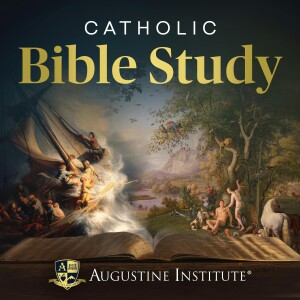

The book of Habakkuk is one of the twelve Minor Prophets in the Old Testament, likely written around 610–605 B.C., just before the Babylonian invasion of Judah. It is unique among prophetic books because it does not primarily address the people with God's message, but instead records a dialogue, or argument, between the prophet Habakkuk and God. Habakkuk expresses his profound struggle to reconcile God's goodness and justice with the rampant evil and injustice he sees in his own nation, Judah.
Quick Summary:
The book is structured around a back-and-forth between the prophet and God:
-
Habakkuk's First Complaint (1:2-4): Habakkuk cries out to God, asking why He allows the violence and injustice in Judah to continue unchecked.
-
God's First Answer (1:5-11): God responds that He is raising up the Babylonians (Chaldeans), a fierce and swift nation, to bring judgment upon Judah.
-
Habakkuk's Second Complaint (1:12-2:1): Habakkuk protests, asking how a holy God can use a nation even more wicked than Judah to punish them. He questions God's justice in using the Babylonians, who are violent, ruthless, and worship their own power.
-
God's Second Answer (2:2-20): God instructs Habakkuk to write down the vision: the Babylonians will also face inevitable judgment for their arrogance and violence through a series of five "woes." Crucially, God gives the famous promise, "the righteous shall live by his faith" (2:4), assuring Habakkuk that even if justice seems delayed, it will surely come, and the faithful must trust God in the meantime.
-
Habakkuk's Prayer of Faith (Chapter 3): The book concludes with a poetic psalm where Habakkuk recalls God's powerful acts of deliverance in the past, leading him from a place of fear and doubt to a profound expression of joy and unwavering trust in God, even if disaster strikes all around him.
The central theme is a transition from perplexity and doubt to absolute faith in God's sovereignty and ultimate justice, regardless of present circumstances.
More Episodes
All Episodes>>Create Your Podcast In Minutes
- Full-featured podcast site
- Unlimited storage and bandwidth
- Comprehensive podcast stats
- Distribute to Apple Podcasts, Spotify, and more
- Make money with your podcast












